World Brain Day 2025: Prioritising Brain Health at Every Age

Quick Summary
- Brain health is crucial throughout life.
- World Brain Day (July 22nd) highlights brain health.
- The brain shapes every life moment, from infancy to old age.
- We should prioritize and reflect on maintaining brain health.
From the first word of a baby to the cherished memory of an elder, our brains define each moment in our lives. But how frequently do we stop to reflect on what keeps our brains healthy?
World Brain Day is celebrated on July 22nd each year. This year, we're putting brain health for every age in the spotlight.
Why Brain Health Matters?
Brain health is at the heart of how we think, learn, remember, and cope with stress. It affects our well-being, relationships, and independence throughout life. Having our minds stay sharp, resilient, and active allows us to achieve our best, regardless of our age or situation.
Neurological disorders are the most common cause of disability and the second most common cause of death globally. Ranging from developmental conditions in children to dementia in ageing adults, brain health issues impact millions of individuals and families worldwide
Brain Health for All Ages
The theme of World Brain Day 2025 is “Brain Health for All Ages”. It reminds us that it is our whole lives that we must care for our brains. Brain health requirements vary as we develop, and problems can arise at any age:
Children and Adolescents may experience epilepsy, neurodevelopmental disorders, and mental illnesses.
Adults are affected by stroke, migraine, traumatic brain injury, and neuroinfections.
Older Adults tend to have dementia, Parkinson's disease, and other neurodegenerative diseases.
By recognising and addressing age-related needs, we can enable everyone to have improved brain health throughout life.
Brain Health: A Lifelong Journey
Taking care of our brain doesn’t start in childhood. It begins even before birth. Here’s how each life stage plays a role:
Pre-Conception: A baby’s brain development is influenced by the health and habits of both parents before conception. Good nutrition, regular medical check-ups, and a healthy lifestyle help lay the groundwork for optimal brain development.
Pregnancy: A mother’s physical and emotional well-being directly affects fetal brain growth. Prenatal care, a balanced diet, stress management, and avoiding harmful substances are key to supporting healthy brain development in the womb.
Childhood: These early years are crucial for cognitive, emotional, and social growth. Safe environments, timely immunisations, early learning, and nurturing parenting all contribute to strong and healthy brain development.
Adulthood: Maintaining brain health involves a combination of healthy eating, regular physical activity, stress management, quality sleep, and mental stimulation. These habits reduce the risk of neurological disorders and keep the mind sharp.
Late Adulthood: As we age, regular health screenings, early detection of memory-related conditions, and staying mentally and socially active are essential to preserving brain function and overall well-being.
By addressing the specific needs of each stage of life, we can empower individuals and communities to support better brain health every day, at every age.
Five Key Messages for Action
To truly improve brain health across all ages, it’s important to focus on practical steps everyone can support. World Brain Day 2025 is built around five essential pillars to guide action and inspire positive change. These are:
Awareness: It goes beyond simply knowing about brain disorders. We must break down taboos, recognise subtle symptoms, and empower the community to support those affected.
When brain health becomes a part of everyday conversations, the path to earlier diagnosis, timely care and better outcomes opens up.
Education: Healthcare professionals, caregivers, and the public should have up-to-date knowledge and practical skills. When everyone knows how the brain works, the signs of neurological disorders, and ways to maintain brain health, it becomes easier to prevent, recognise, and manage brain-related conditions.
Moreover, education fosters collaborations among families, healthcare providers and policymakers where brain health is prioritised from childhood through older adulthood.
Prevention: Adopting healthy habits early and consistently can delay, minimise, or even avoid many neurological disorders. Take a balanced diet rich in essential nutrients, engage in regular physical activity, get quality sleep, manage stress and stay socially connected.
Vaccinations also play a crucial role in preventing infections that can harm the brain. Additionally, controlling vascular risk factors such as high blood pressure, diabetes, and obesity reduces the chances of stroke and other brain-related diseases.Access to Care and Disability Management: It is crucial for ensuring that everyone, regardless of their background or location, can maintain optimal brain health. We should work toward equal access to high-quality neurological care, diagnosis, rehabilitation, and assistive technology, particularly where disparities are greatest.
Advocacy: By advocating for brain health, communities and individuals can push for early risk assessment, timely interventions, and environmental measures that reduce neurological risks.
How You Can Take Action
Everyone can play a part in supporting brain health. Here’s how you can get involved:
Spread Awareness: Share brain health messages with friends, family, and community.
Educate: Attend or organise workshops and seminars to learn more about brain health.
Advocate: Support initiatives and policies that improve access to neurological care.
Adopt Healthy Habits: Make lifestyle choices that protect your brain health and encourage others to do the same.
Brain Health is a Universal Right
World Brain Day 2025 is more than a campaign. It’s a call to action for everyone. By focusing on brain health for all ages, we can reduce disparities, improve care, and empower individuals worldwide to live healthier, fuller lives. Let’s unite for brain health, for all ages, for all people.
Concerned about your brain health? Don’t wait for symptoms to worsen. Book a consultation with a trusted neurologist through HexaHealth today.
Frequently Asked Questions
Why is Brain Day Celebrated?
World Brain Day is observed annually to raise global awareness about brain health, promote advocacy for neurological disease prevention, and ensure equitable healthcare, education, and research related to brain conditions. The day aims to inspire communities, organisations, and governments to prioritise brain health and address the growing burden of brain disorders worldwide.
What is the theme for World Brain Day 2025?
The theme for World Brain Day 2025 is "Brain Health for All Ages" and highlights the need for maintaining brain health across all ages, from preconception to old age. The campaign emphasises awareness, education, prevention, access, and advocacy to ensure equity and lifelong neurological health.
How to celebrate World Brain Day?
World Brain Day can be observed by engaging in awareness initiatives, visiting learning sessions, posting on social media, and embracing activities that support brain wellness, such as physical activity, puzzles, and discussions on preventing brain disease. Organisations, schools, and health care workers can organise workshops, brain well-being screenings, and community presentations.
What are the most common types of brain diseases affecting people worldwide?
There are many types, including hundreds of rare brain diseases. The general categories of common brain diseases include:
- Mental illness (Anxiety, Bipolar disorder, Depression, Post-traumatic disorder, Schizophrenia)
- Headaches (Migraine & Cluster headache)
- Infectious disorders (Meningitis, Encephalitis, Brain Abscess, Neurocysticercosis)
- Stroke (Dementia)
- Epilepsy (Seizures)
- Brain Tumors (Meningioma)
- Neurodegenerative disorders (Alzheimer’s disease, Parkinson’s disease and ALS)
- Neurodevelopmental disorders (Cerebral Palsy, Attention deficit hyperactivity disorder (ADHD), Autism spectrum disorder, Dyslexia)
References
All the articles on HexaHealth are supported by verified medically-recognized sources such as; peer-reviewed academic research papers, research institutions, and medical journals. Our medical reviewers also check references of the articles to prioritize accuracy and relevance. Refer to our detailed editorial policy for more information.
Last Updated on: 18 July 2025
Reviewer

Dr. Aman Priya Khanna
MBBS, DNB General Surgery, FMAS, FIAGES, FALS Bariatric, MNAMS General Surgery
13 Years Experience
Dr Aman Priya Khanna is a highly experienced and National Board–Certified Laparoscopic, GI, and Bariatric Surgeon with over 13 years of clinical expertise.
He is widely regarded as one of the best bariatric surgeons in Ahmedabad, ...View More
Author
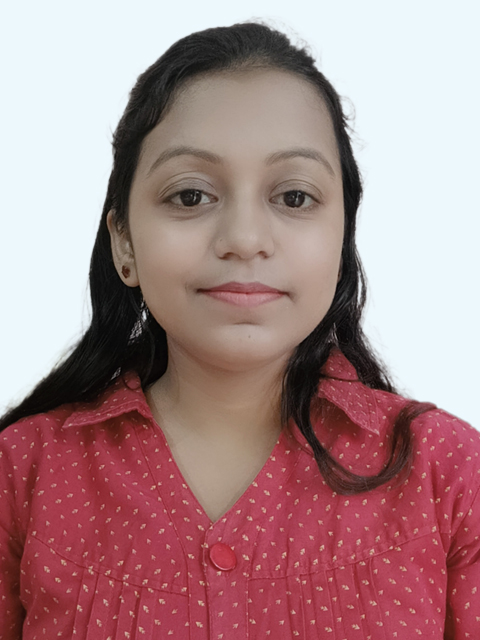
With over 5 years of experience in content writing, SEO, marketing, branding, social media, and copywriting, she creates persuasive content that drives results. For the past 3 years, she has focused on medical cont...View More
Expert Doctors (10)
NABH Accredited Hospitals (6)
Latest Health Articles
Related Treatments



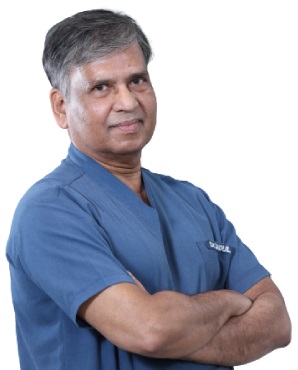
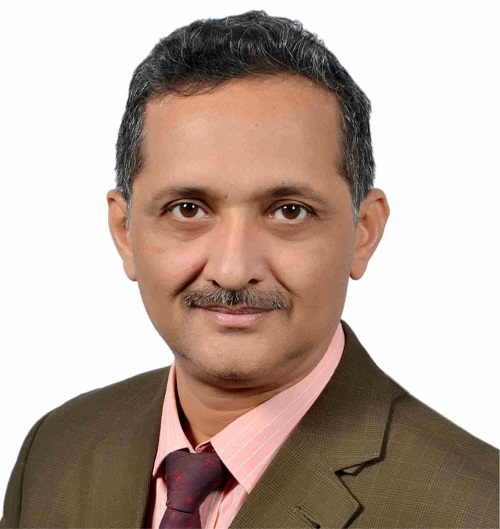
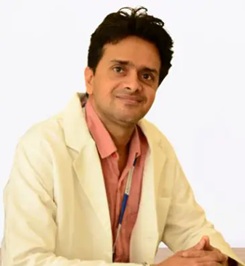
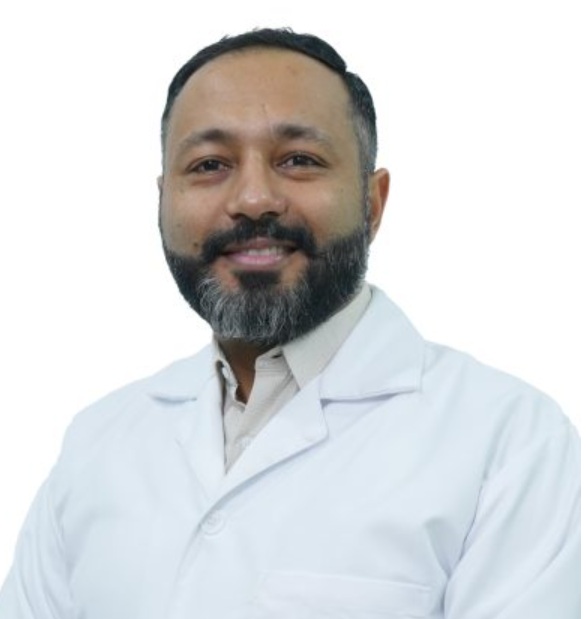



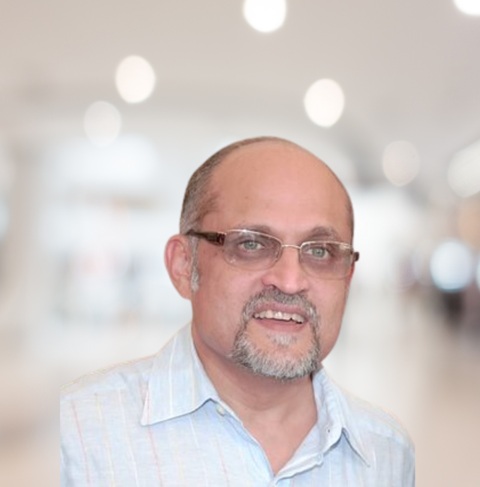
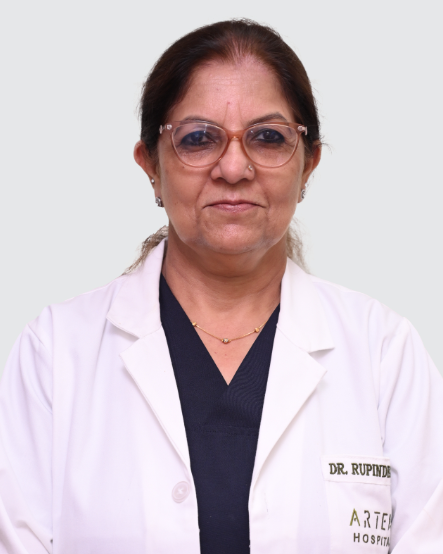












![Brain Tumour Surgery Cost in All Hospitals of India [2023]](https://cdn.hexahealth.com/Image/webp/480x480/1700457336276-763326298.webp)


